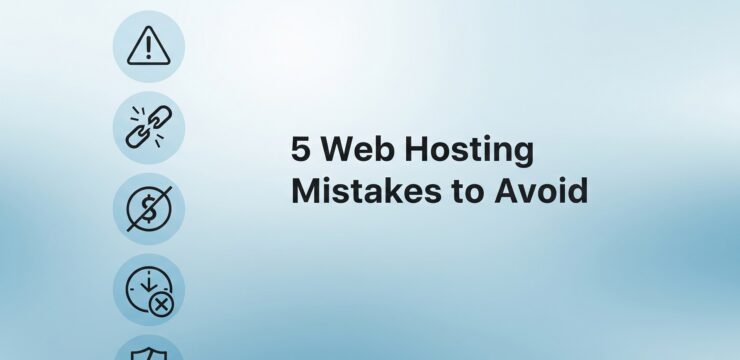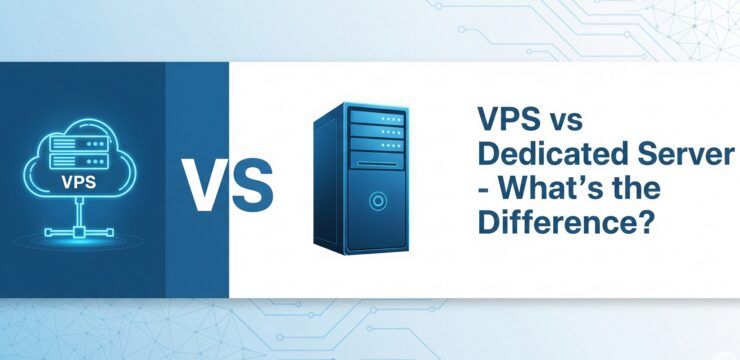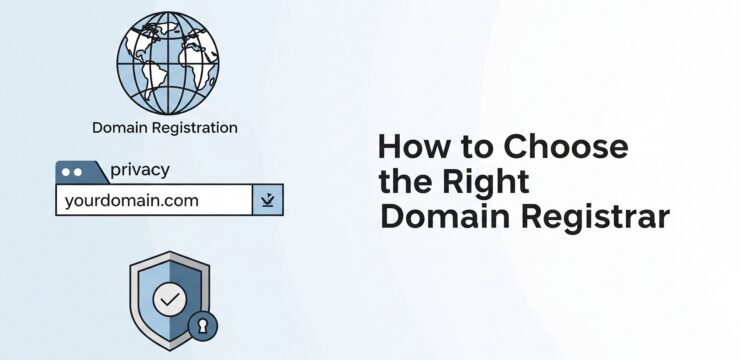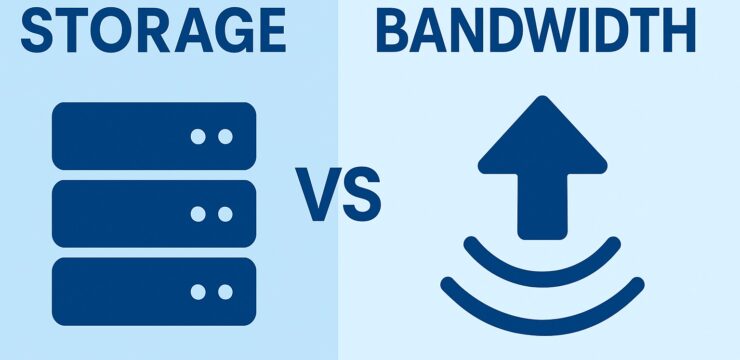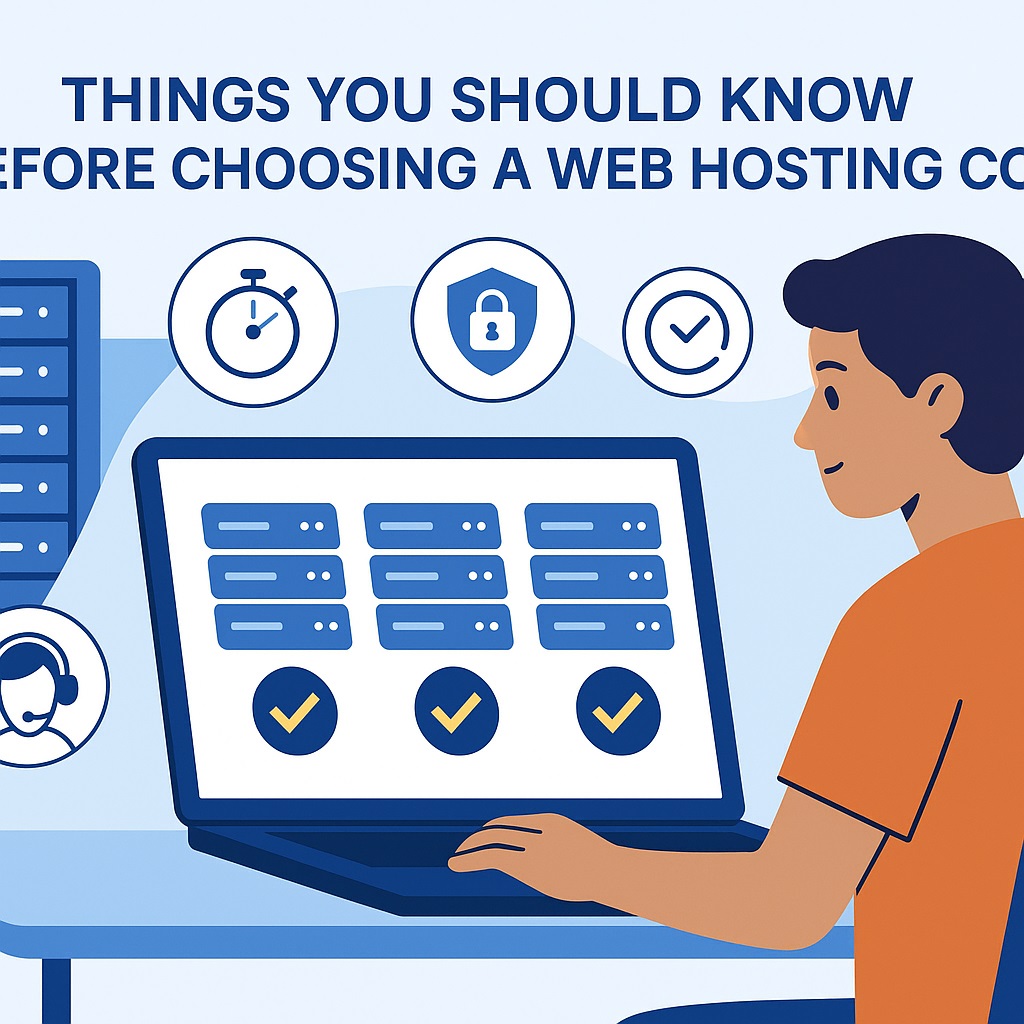 Choosing the right web hosting company is one of the most important decisions you will make when building a website. Your hosting provider affects your site’s performance, security, and overall user experience. In this guide, we’ll cover the essential factors you should consider before making your choice.
Choosing the right web hosting company is one of the most important decisions you will make when building a website. Your hosting provider affects your site’s performance, security, and overall user experience. In this guide, we’ll cover the essential factors you should consider before making your choice.
1. Understand Your Website’s Needs
Before you start comparing hosting plans, it’s important to understand the requirements of your website. Are you running a personal blog, an e-commerce store, or a business portfolio? Different websites require different resources such as storage, bandwidth, and security features. Knowing your needs helps you avoid paying for features you don’t use or choosing a plan that can’t handle your traffic.
2. Types of Web Hosting
Web hosting comes in several forms—shared hosting, VPS hosting, dedicated hosting, and cloud hosting. Shared hosting is affordable but offers limited resources. VPS hosting gives you more control and dedicated resources. Dedicated hosting provides maximum performance but at a higher cost. Cloud hosting offers flexibility and scalability. Understanding these options will help you choose the one that fits your goals and budget.
3. Uptime Guarantee and Reliability
Your website should be available to visitors at all times. Look for a hosting provider that offers at least a 99.9% uptime guarantee. Downtime can cost you traffic, sales, and credibility. Reliable providers invest in robust infrastructure and backup systems to minimize outages.
4. Speed and Performance
Website speed is critical for both user experience and SEO rankings. Choose a hosting company with fast servers, SSD storage, and optimized software. Some providers also offer CDN (Content Delivery Network) integration to deliver content faster to global audiences.
5. Security Features
Security is essential, especially if you’re handling sensitive data or running an online store. Look for hosting providers that include SSL certificates, regular malware scans, firewalls, and data backups. A secure hosting environment reduces the risk of hacking and data loss.
6. Customer Support
When something goes wrong, quick and reliable customer support is invaluable. Choose a hosting company that offers 24/7 support via live chat, email, or phone. Check reviews to ensure their support team is knowledgeable and responsive.
7. Scalability and Future Growth
Your hosting needs may grow as your website attracts more visitors. Select a provider that allows easy upgrades to more powerful plans without downtime. This flexibility ensures your site can handle increased traffic smoothly.
8. Pricing and Renewal Rates
Many hosting providers offer attractive discounts for the first term, but renewal prices can be much higher. Always check the regular rates and understand what’s included in the price. Balance affordability with the features you need.
9. Data Backup and Recovery
Data loss can happen due to hacking, server crashes, or accidental deletion. Make sure your hosting provider offers automatic backups and an easy recovery process. This feature can save you from losing months or years of work.
10. Reputation and Reviews
Before committing to a hosting company, read independent reviews and testimonials. Look for consistent positive feedback on performance, uptime, and customer support. A reputable provider with a proven track record is more likely to meet your expectations.
Final Thoughts
Choosing a web hosting company is not just about picking the cheapest option. By considering factors like performance, security, support, and scalability, you can ensure your website runs smoothly and is ready to grow. Take the time to research and select a hosting provider that aligns with your needs for long-term success.
